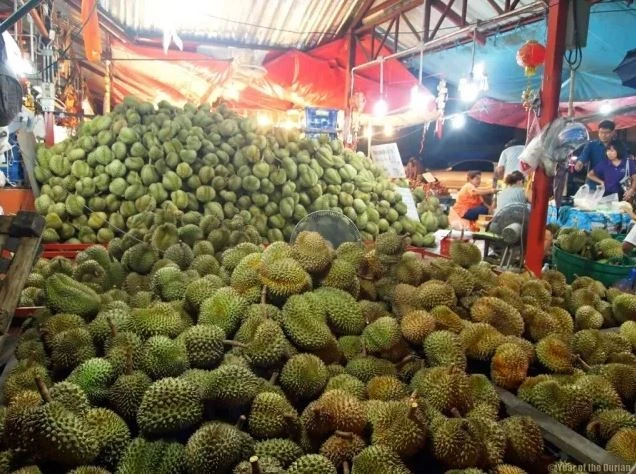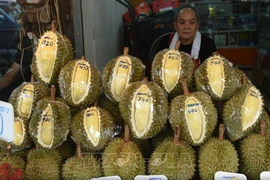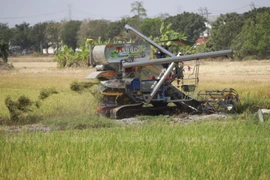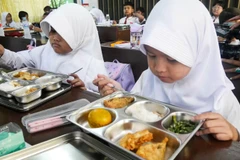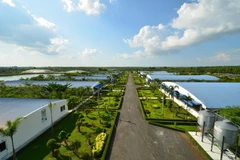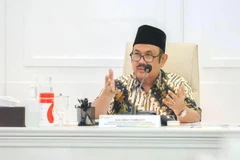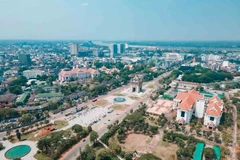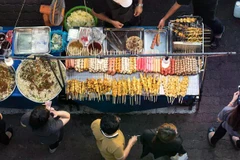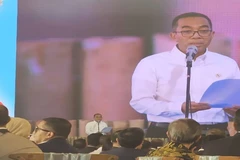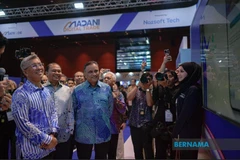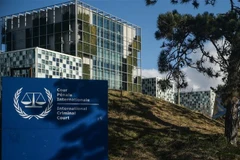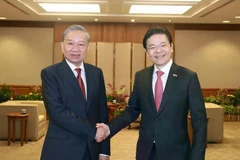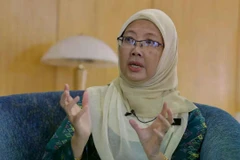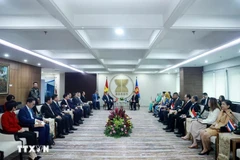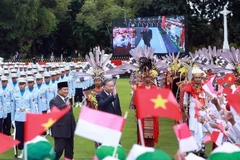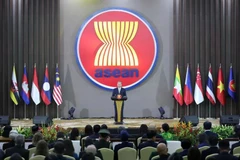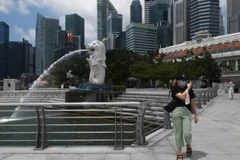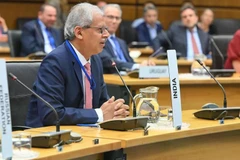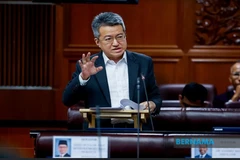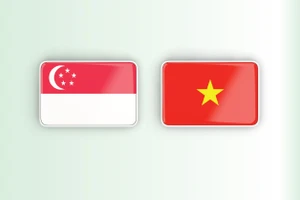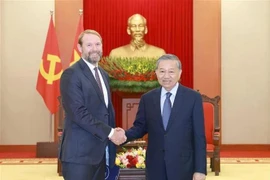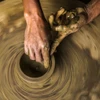Bangkok (VNA) – Thailand is promoting the use of agricultural waste materials such as durian peel, rice straw, and sugarcane residue to make animal feed in the Bio-Circular-Green Economy (BCG) model.
This approach integrates technology and biotechnological innovations to enhance value, reduce agricultural waste that could cause environmental pollution, and minimise agricultural residue burning – one of the key contributors to PM 2.5 air pollution.
The primary agricultural waste used in feed production is durian peel, which contains high levels of fibre, fat, and protein, making them a suitable substitute for roughage and concentrated feed.
Pure Plus Farm, a model community enterprise in Thailand’s Nakhon Sawan province, applied microbial fermentation using low-energy plasma technology to turn durian peel into animal feed during the durian harvest season from February to August, when there is a huge amount of durian peel discharged daily.
To maximise agricultural value and reduce waste, the enterprise collects durian peels from local vendors in Mueang district, Nakhon Sawan, averaging 60–80 tonnes per year.
The cost of producing fermented durian peel cattle feed averages 1.7 THB (0.5 USD) per kilogramme, covering expenses such as fuel for collection, machinery operation, microbial cultures, labour for chopping, and depreciation of equipment and fermentation tanks.
In comparison, conventional roughage feed made from feed corn costs around 2 THB per kilogramme.
Beyond cost saving, fermented durian peel feed offers comparable nutritional value to traditional roughage and concentrated feed. It contains 8.42% protein, slightly higher than the 8.20% protein found in feed corn. Additionally, durian peel provides higher fat, energy, and fiber content, which contributes to improving cattle growth rates compared to conventional feed corn, local media reported./.
